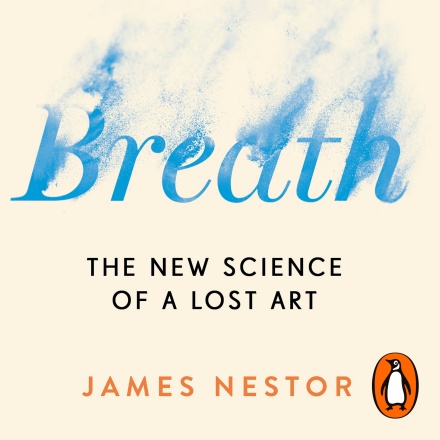Book Club – Breath: The New Science of a Lost Art
By Alyssa Russo – Clinical Health Coach/Occupational Therapist at Working To Wellbeing
Life is finally back in full swing after the pandemic pause of the previous two years: events are happening, people are reuniting, and ideas are exchanging. Here at W2W, our continual aim is to connect the dots between the biological, psychological and social aspects of healthcare with an ultimate goal of supporting people back to function and employment. Along the way, we ensure we keep up-to-date with the latest relevant trends in order to benefit our patients. We achieve this by utilising a wide array of research and resources, sharing these amongst our colleagues and learning from the extensive experiences of our professional peers.
We recently launched an internal book club to facilitate this continuing professional development further. It’s a monthly meeting where colleagues can meet and discuss, with varying degrees of passion and enthusiasm, books that have some corresponding connection to our clinical practice. It is helpful to partake in a colleague discussion, learn from the opinions of others and consider different perspectives on the book. This month we have been chewing over Breath: The New Science of a Lost Art by James Nestor.
Breath is a tome that uses research from pulmonology, physiology and psychology to expound the benefits of nose breathing, mouth-taping and one-sided chewing to reap the optimal benefits of something that we all do without thinking: breathing. Nestor advocates deliberate diaphragmatic breathing to dampen down the autonomic nervous system’s fight-or-flight response. We as clinicians can use his evidence base as corroboration when we suggest this method to patients in stressful situations. It’s caused quite an oxygen-heavy stir in the W2W camp.


